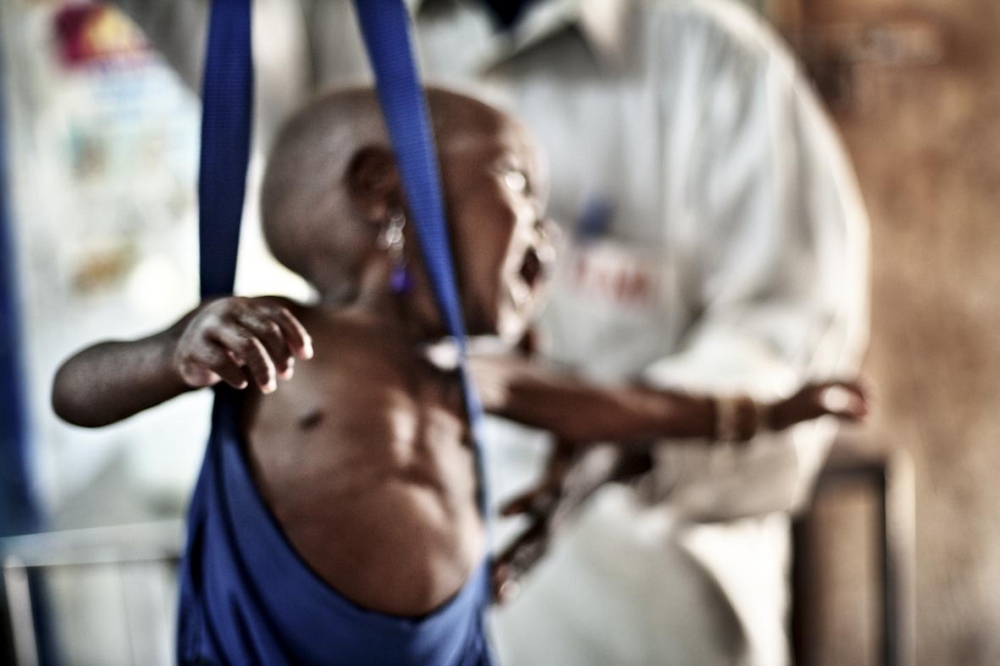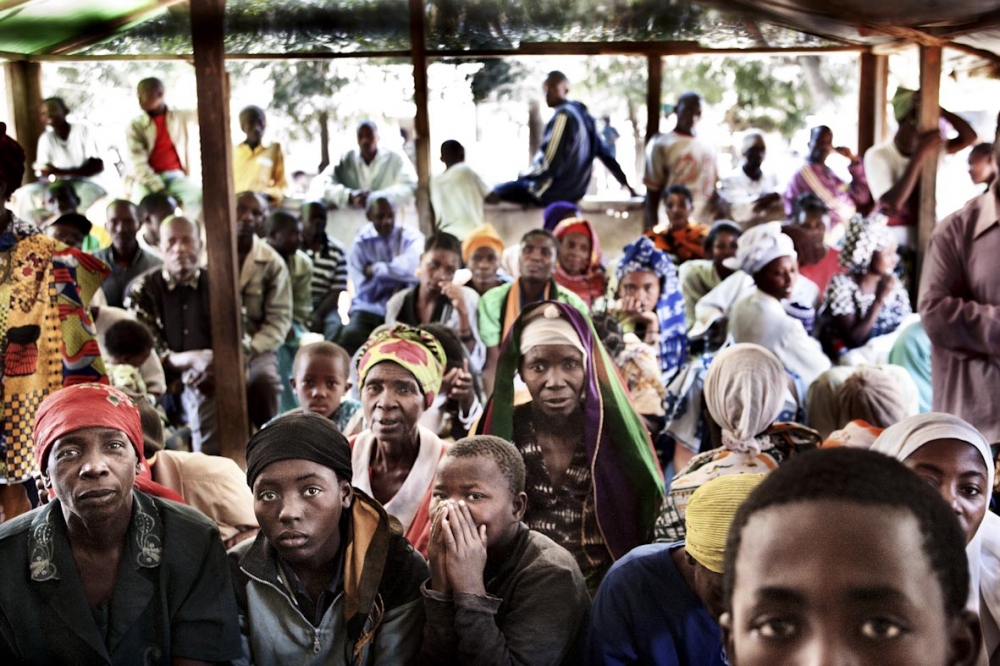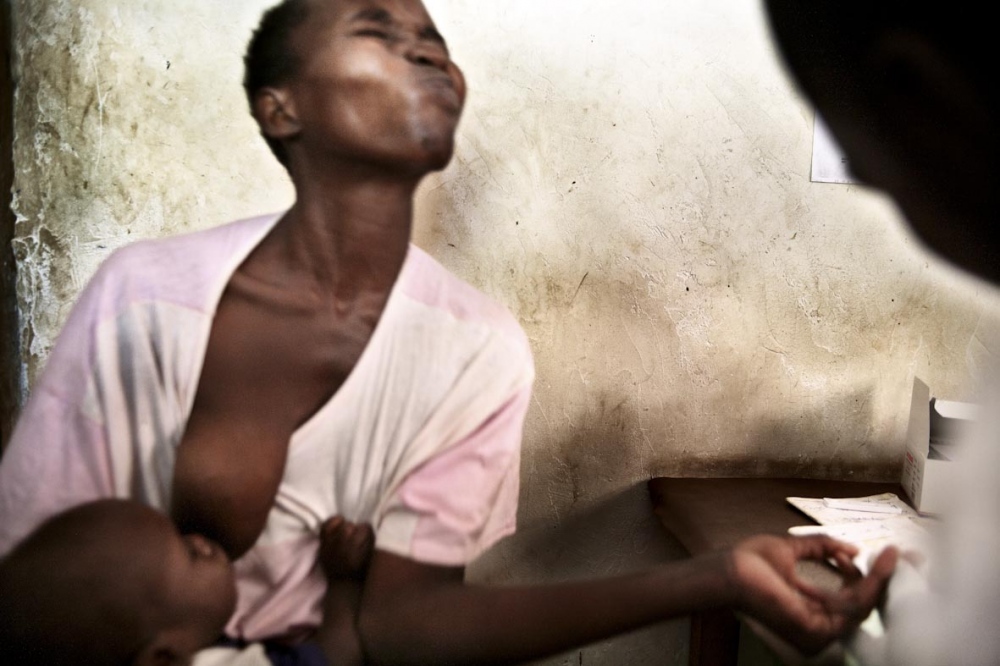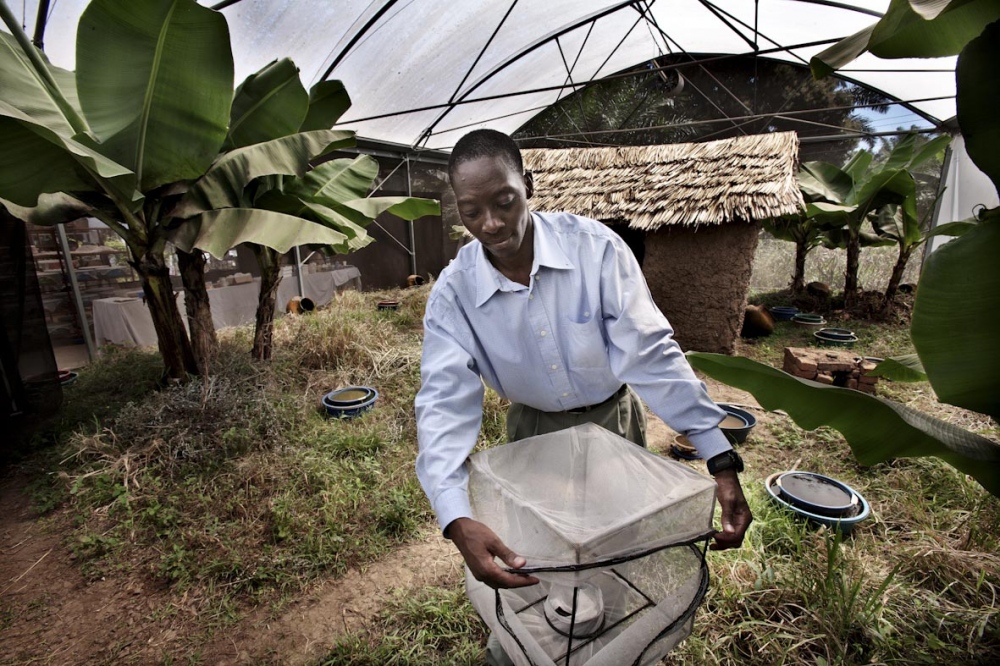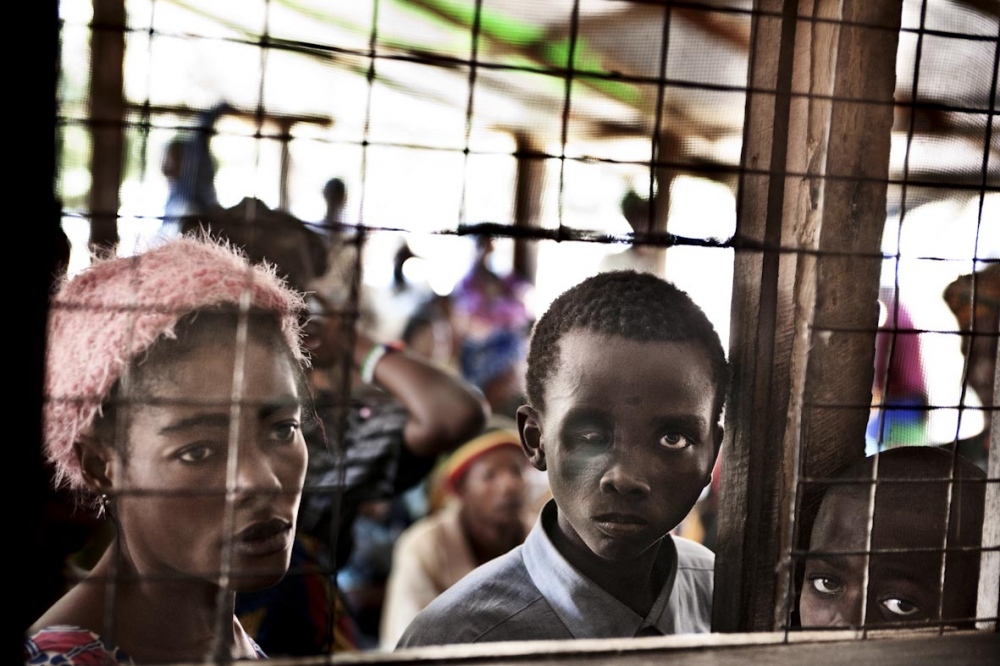The malaria Plasmodium parasite is tiny, similar in shape to a worm, it is enough to kill a person. To prevent blood clotting, mosquitoes use their saliva when the parasite enters the bloodstream. Within minutes he has traveled through the circulatory system to the liver.
Anopheles mosquito is the only one capable of harboring the human malaria parasite, and only females have an interest in the blood to nourish their eggs, the male takes nectar from flowers. Their legs are long and slender, wings mottled and the nose of a peak mosquito seems solid, but is a pod full of blades and a feeding tube. Pierces the skin with them, down to the micro-capillary network where it begins to drink blood.
In the last three decades have seen an increase in the number of malaria cases, favored by several factors: climate change (temperature, humidity, precipitation,) displacement of populations becoming more frequent, increasing international transport "airport malaria", economic problems, weak health systems and war situations.
In recent years the parasite has developed resistance to many drugs and the more potent strains can scarcely be controlled. Half the world population is threatened by her, and it endemic in some 106 countries and territories. The big problem is that all these countries are mostly poor, over 80% of cases occur in sub-Saharan Africa. The World Health Organization (WHO) has included among its Millennium Development Goals of reducing the incidence of malaria and its eradication in the future. The Bill and Melinda Gates Foundation invested hundreds of millions dollars in research and international donors increased its budgetary allocation but the current crisis is doing great harm in the malaria´s fight, and this is always quantified in human lives.
One of those African countries where malaria is very present is Tanzania. Tanzania is the land hidden by clouds, majestic stands including Kilimanjaro the highest mountain in Africa. Of the 42 million people in Tanzania, 31 million are at high risk for every year there are between 12 and 15 million illnesses and 95,000 deaths. Some people may get sick more than 2 times a year and even develop immunity to some of the species, this does not prevent fever, and weakness.
The conflicts that ravaged the Great Lakes region in the 90's, some of which are still active on a smaller scale, converted to Tanzania in receiving refugees country, creating various fields and hospitals, safety land for the inhabitants of the zone. Red Cross is in charge of some health centers, running by diesel electricity generators, with microscopes, nurses, and beds that are never enough, full of hope and doctors willing to do anything for his patients. Here, between red bricks, fly screens and unbearable heat, it´s taking place the battle between malaria and man; no high-tech instruments, no large pharmaceutical companies.
In this country lies the Ifakara Health Institute, won the Prince of Asturias Award for International Cooperation, is a reference in the fight against malaria. Founded in 1956 and launched by the Swiss Tropical Institute, since 1996 was registered as an independent non-profit organizations. Owned and managed by Tanzanians, has partnered with numerous international centers, is a WHO collaborating center since 2006, with which it established a network of banks malaria samples.
Here are improving larvicides, develop new repellents that can substitute for DDT, they are researching about fungus, Beauveria bassiana, used effectively to control insect pests in crops, they have been chosen to investigate and test the RTS's, a vaccine many call the real hope against malaria.
Hopefully the words of the president of Tanzania becomes foreboding: "Our generation must be the last to suffer from malaria. The next generation should only read about malaria in the books. "

